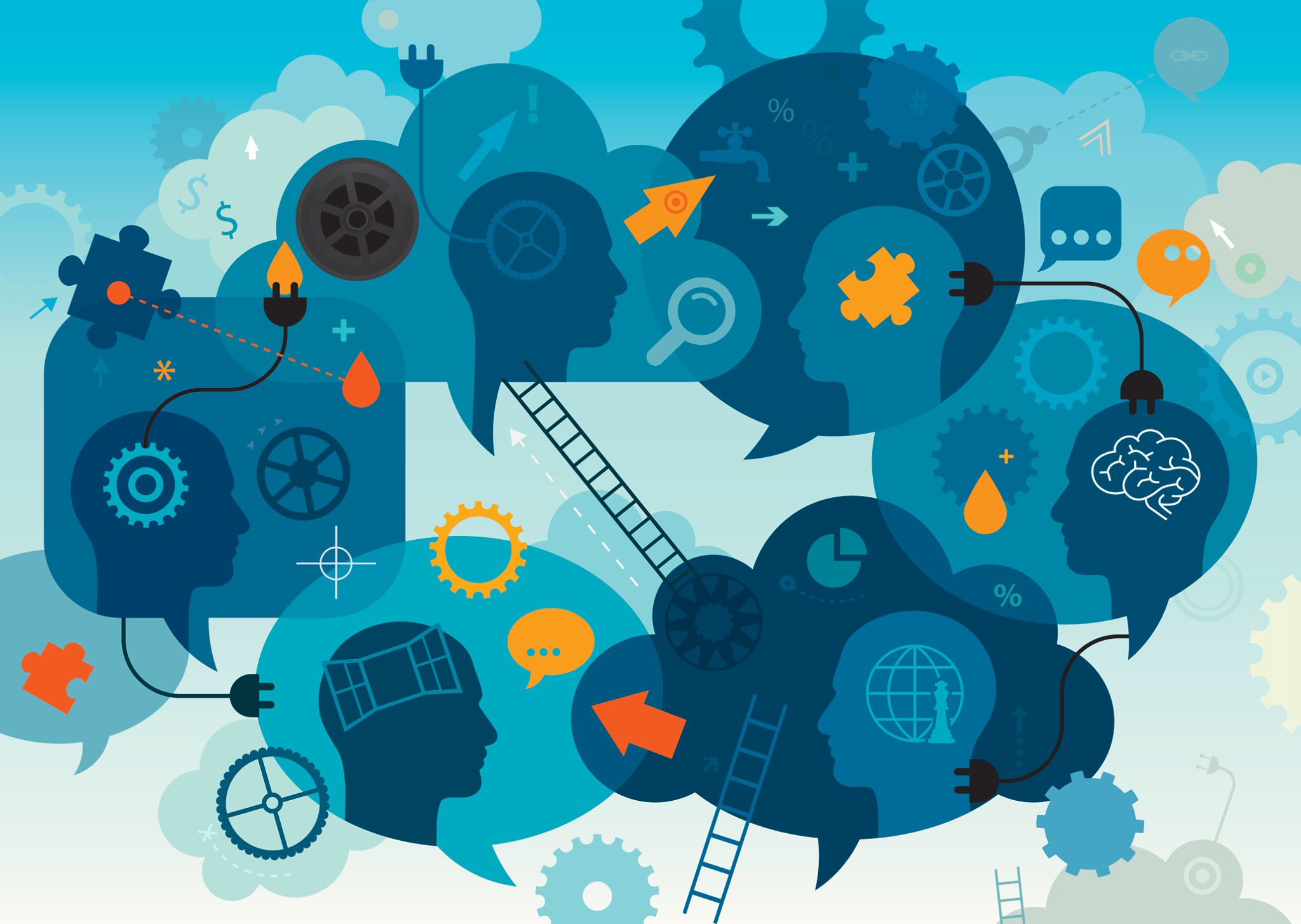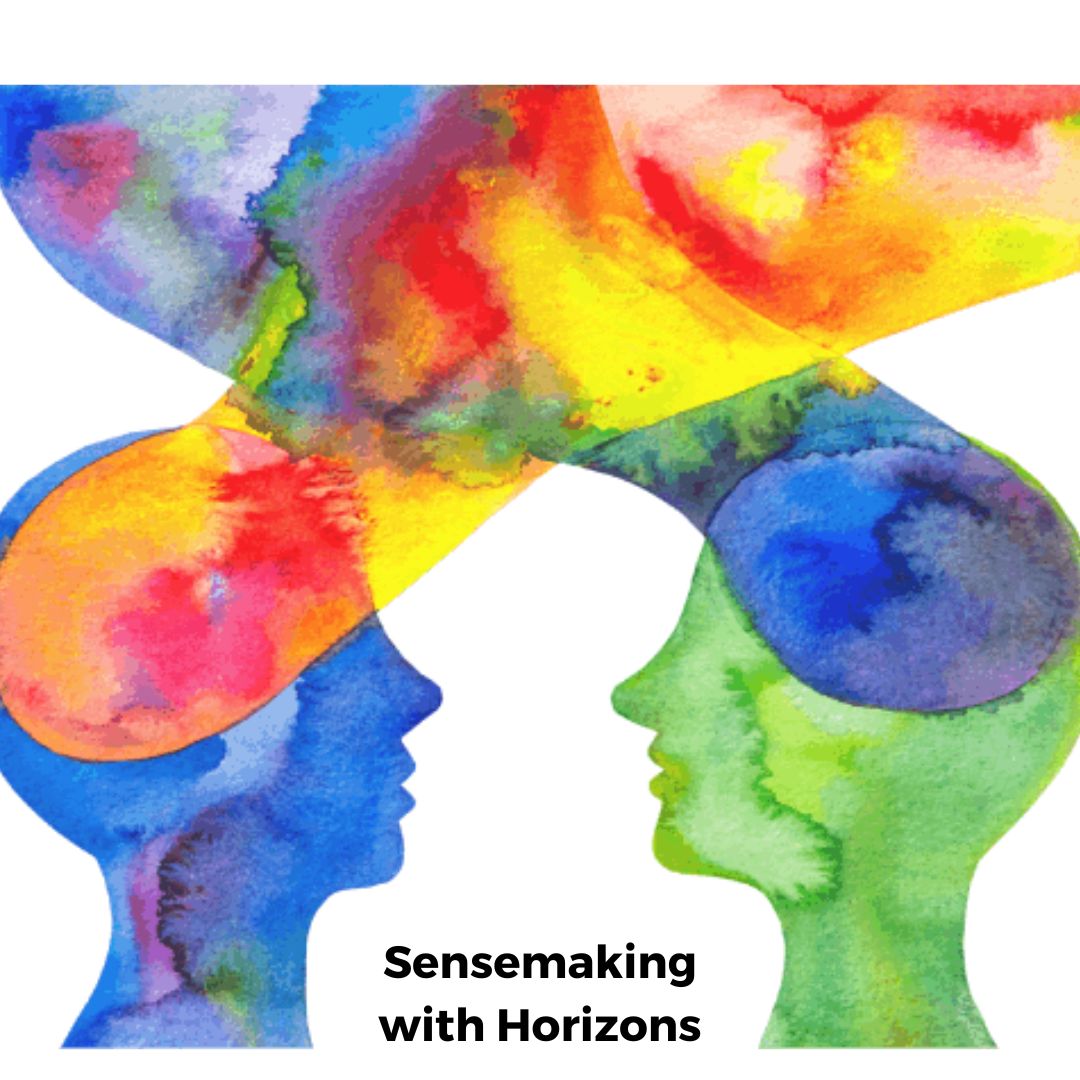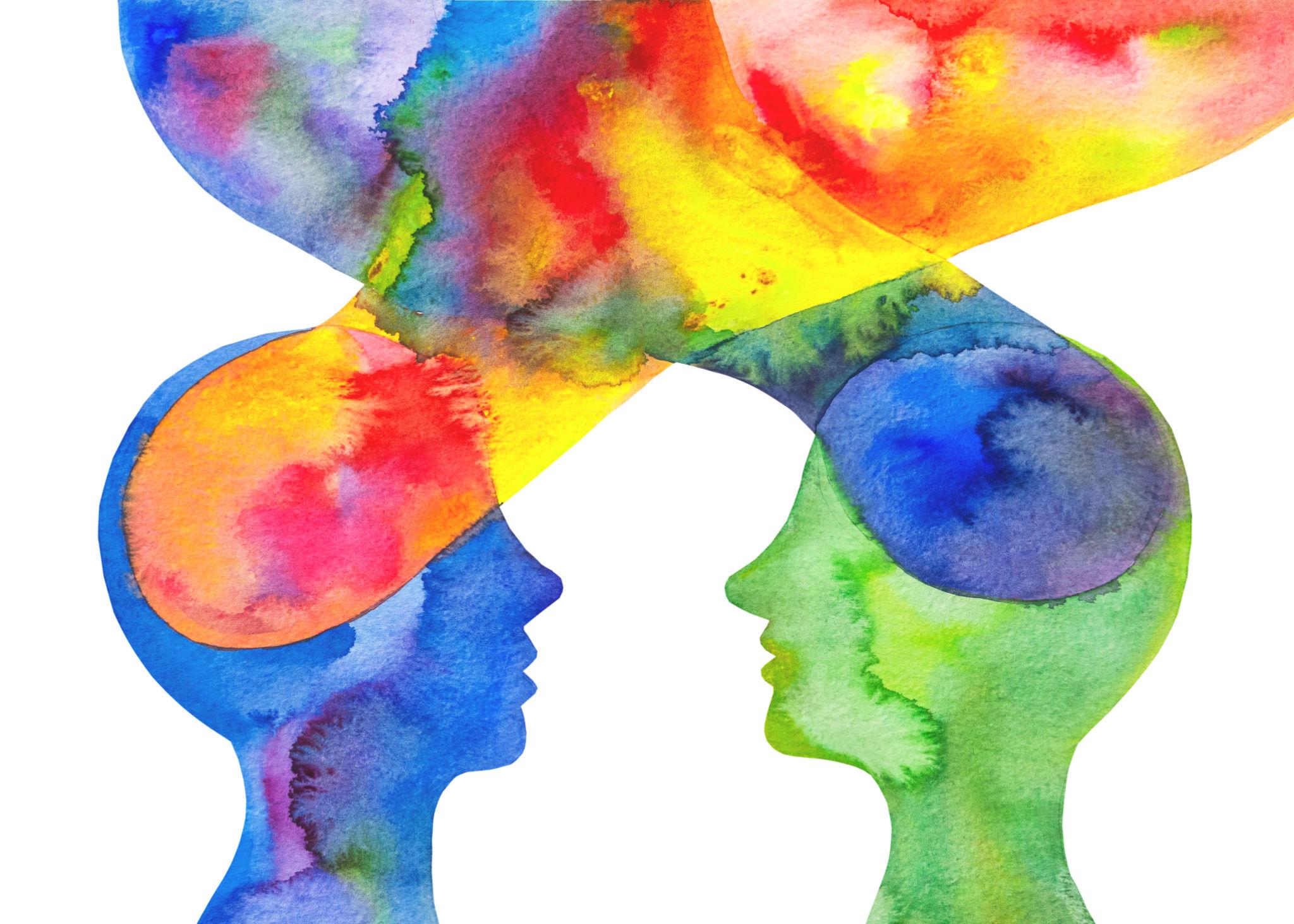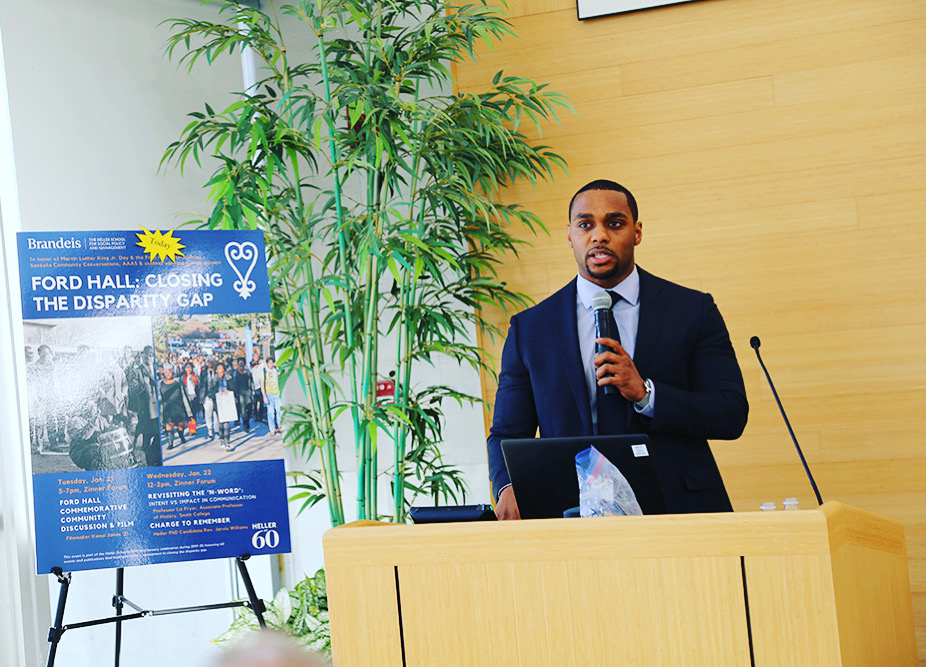Category: Audio/Video

Sensemaking with Horizons: Shun Tucker-Allen, Senior Faith Partnerships Coordinator of Fair Count
The Horizons Project Director for Race & Democracy, Jarvis Williams, has a conversation with Shun Tucker-Allen, Senior Faith Partnerships Coordinator at Fair Count about her work organizing with faith communities...

The Brain on Authoritarianism
The Horizons Project and Beyond Conflict partnered to create this video on 'The Brain on Authoritarianism' to support broad-based "united front" organizing in response to the rising authoritarian threat in...

Sensemaking with Horizons: What’s the Ask?
Chief Network Weaver, Julia Roig and Jarvis Williams, Director for Race & Democracy reflect on some of the natural tensions facing the work of organizers at the national and state...

Sensemaking with Horizons: Dr. Jeanine Abrams McLean, President of Fair Count
As a part of Horizons' Sensemaking Series on Race & Democracy, we invited the President of Fair Count, Dr. Jeanine Abrams McLean, to discuss their work as a non-partisan, non-profit...

How you can more effectively advance multi-racial democracy
On March 3, 2024, Maria J. Stephan, co-lead of the Horizons Project, discussed her work to strengthen multi-racial democracy in the US and globally to the Forum at All Souls...

Introducing Our Race and Democracy Portfolio
https://www.youtube.com/watch?v=-3fXwYwNAo0 Chief Network Weaver, Julia Roig, and Director for Race & Democracy, Jarvis Williams, have a conversation about why the Horizons Project created this new role and portfolio of work...

Understanding Pillars of Support
Horizons has been focusing on how various Pillars of Support, notably faith-based organizations, businesses, unions & professional associations, and veterans/military groups, have contributed to authoritarian systems and how they have...

SENSEMAKING WITH HORIZONS: The Alabama Brawl, August 2023
https://youtube.com/watch?v=Sf6npTNF8gs Jarvis Williams, the Director of Applied Research and Julia Roig, the Chief Network Weaver at Horizons come together in this short video interview to reflect on the “Alabama Brawl” that occurred...

Welcome to Jarvis Williams, New Director of Applied Research at The Horizons Project!
Enjoy this short interview between our Chief Network Weaver Julia Roig and our new Director of Applied Research Jarvis Williams as he describes his excitement and motivation about joining the...

The Horizons Project Discusses Sensemaking
Get to know The Horizons Project team better, as our Chief Network Weaver Julia Roig and our Director of Partnerships and Outreach Tabatha Pilgrim Thompson share their own approaches to sensemaking in one of the episodes...
